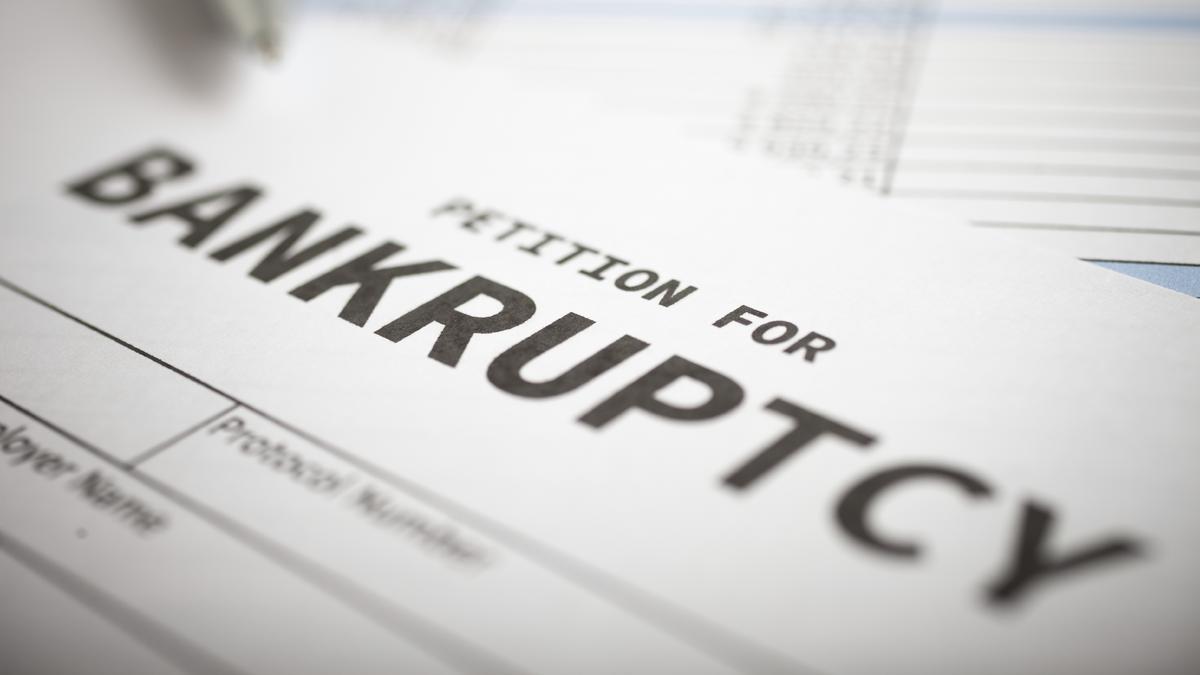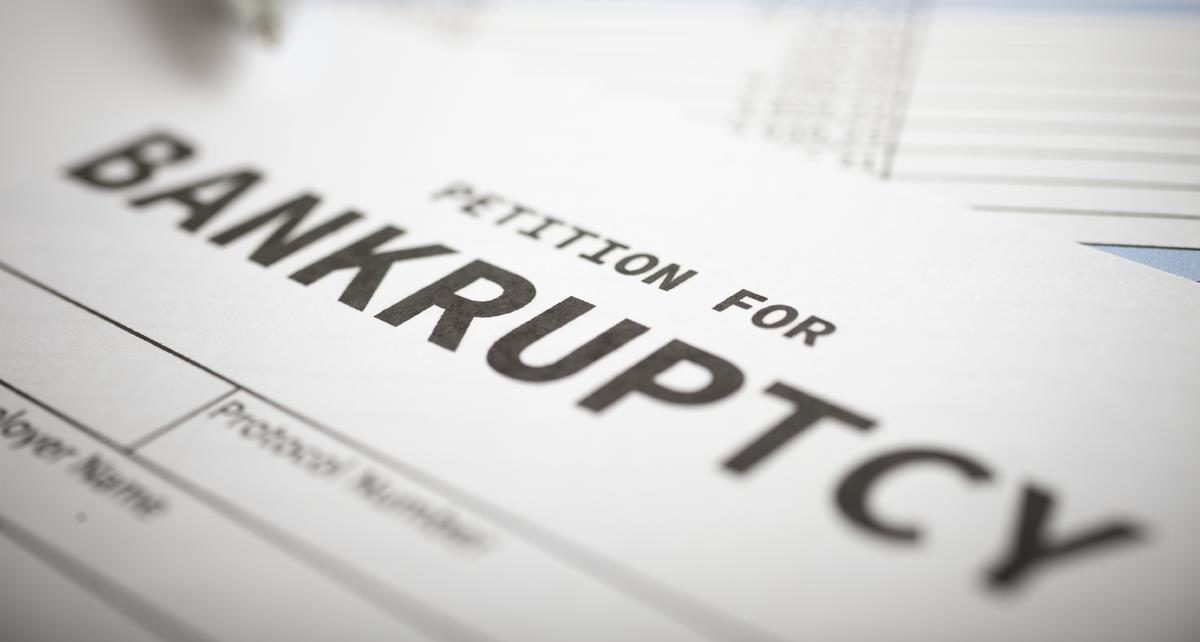Once you have made up your mind that you will need to apply for bankruptcy protection, you have just made one of the hardest decision you will ever have to make. Once you have filed for bankruptcy, the bankruptcy record stays with you for up to 10 years. Just because you have filed for bankruptcy protection, that does not lawfully mean that you can be discriminated against. Even though a lot of financial documents ask if you have filed for bankruptcy before, you can be excluded from being accepted based on your past history. All the things out of your control aside, there are assets that you have that you would want to protect before filing for bankruptcy. Prior to filing bankruptcy, you should reexamine with your attorney what assets you can keep through the exemption code and maximize this list of assets as much as possible. As part of your pre-bankruptcy planning, you should keep these considerations in mind:

It is not wise to sell or give away your assets to someone else
Just because you have given away the ownership of the assets to someone else, it does not mean that the bankruptcy court cannot go after the questionable assets. If you try to sign away your asset and the bankruptcy finds grounds of such misconduct, you are liable of committing bankruptcy fraud. Bankruptcy trustee’s job is to make sure that the information in the bankruptcy petition is truthful and to spot likely discrepancies in the filing. Do not try to hide, conceal or transfer the assets to some other legal entity. While the bankruptcy trustee’s job is to ascertain the accuracy of your bankruptcy documents, the trustee will also try to unearth assets that you might be hiding. If that were to happen, you can be labeled as a fraud. The worst case scenario when you have committed fraud is to have your bankruptcy case dismissed.
Your assets can be lawfully protected using the bankruptcy exemption rule
Bankruptcy exemption varies from state to state. Since it is very crucial to know each state’s exemption rule, because it is the way you can safeguard your assets, do not treat this lightly. Make sure you review the specifics with your bankruptcy lawyer Your bankruptcy lawyer should be involved to ascertain what assets can be classified as exempt. Once the asset has been declared as exempt, it is protected from the bankruptcy trustee who is looking to recover any non exempt asset for the sake of selling it to pay off the creditors. Whatever assets you deemed having some monetary value, such as 401(k) and your car, should be conferred with your bankruptcy lawyer. Unless you are sure of every single state specific bankruptcy regulation, talk to a qualified bankruptcy attorney and preserve your assets.

Reveal everything to your bankruptcy lawyer
Some people try to conceal assets from their own lawyer in the hope that the bankruptcy trustee will not find these assets. It is not a good idea to hide anything in your bankruptcy petition. Do not have the wrong idea that if you don’t list the asset, it will not be discovered. If for some reason the bankruptcy trustee finds these hidden assets, your bankruptcy case can be dismissed because of attempted fraud.
In summary, do not think it is dishonest for you to keep the assets you have after you have filed for bankruptcy. Since the procedure is so complicated and convoluted, seek the advice of a bankruptcy attorney. A qualified bankruptcy lawyer will be able to get you through the bankruptcy process rather painlessly and effortlessly. For additional information on bankruptcy, please visit ToFileBankrutpcyOrNot.com. Choose Us as Your Bankruptcy Attorney after checking the reputation. Proper ratings will be provided at the site for the client while hiring the lawyers.




